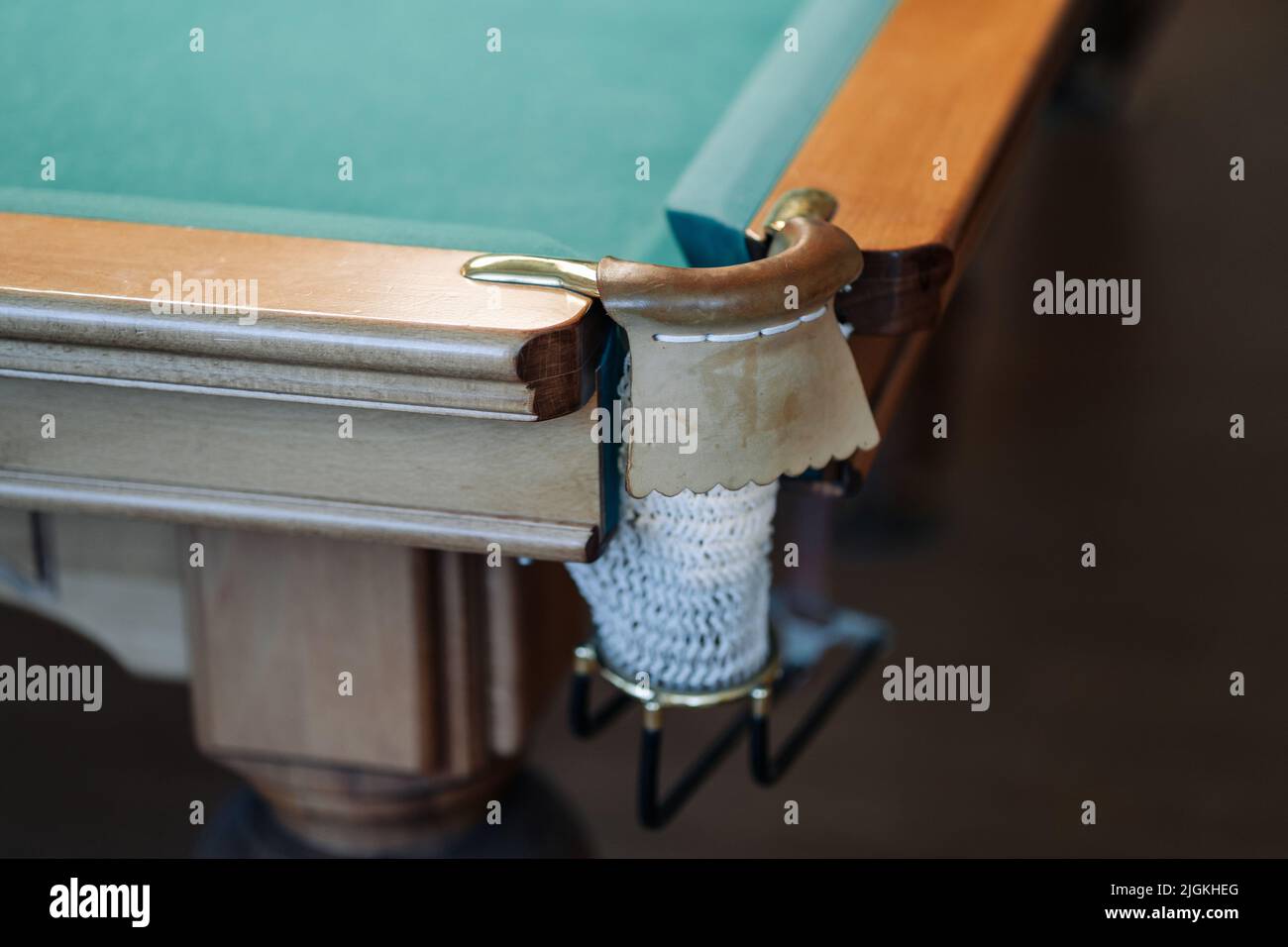"But what was This?
페이지 정보
작성자 Zelma 작성일25-03-29 10:40 조회20회 댓글0건관련링크
본문

 Even Mr. Pickwick is depicted playing Whist there with Miss Bolo, Mr. Bantam, M. C., and the Dowager Lady Snuffanuff, in a passage too well known to require citation, though Mr. Pickwick’s visit was at a date when the chief glories of Bath had departed. The repeated punning allusions to card-enjoying on this passage leave little question as to the reference in the final phrase. After describing ruff-and-honors (see the passage quoted, pp. Instead of just billiards see what interests folks have in your area and plan three events. Instead of just billiards see what interests folks have in your area and plan three events. Let me see - it was about 222 and 3 Halves to - ’gad, I forgot how many - that my Partner had the Ace and King - let me recollect - ay - that he had one only was about 31 to 26. That he had not both of those 17 to 2, - and that he had not one, or each, or neither, some 25 to 32. So I, in line with the Judgment of the sport, led a Club, my Partner takes it with the King.
Even Mr. Pickwick is depicted playing Whist there with Miss Bolo, Mr. Bantam, M. C., and the Dowager Lady Snuffanuff, in a passage too well known to require citation, though Mr. Pickwick’s visit was at a date when the chief glories of Bath had departed. The repeated punning allusions to card-enjoying on this passage leave little question as to the reference in the final phrase. After describing ruff-and-honors (see the passage quoted, pp. Instead of just billiards see what interests folks have in your area and plan three events. Instead of just billiards see what interests folks have in your area and plan three events. Let me see - it was about 222 and 3 Halves to - ’gad, I forgot how many - that my Partner had the Ace and King - let me recollect - ay - that he had one only was about 31 to 26. That he had not both of those 17 to 2, - and that he had not one, or each, or neither, some 25 to 32. So I, in line with the Judgment of the sport, led a Club, my Partner takes it with the King.
"At Ruff and Honors, by some known as Slamm, you might have in the Pack all of the Deuces, and the reason being, because 4 taking part in having dealt twelve a-piece, there are four left for the stock, the uppermost whereof is turn’d up, and that is Trumps, he that hath the Ace of that Ruffs: that is, he takes in these 4 Cards, and lays out 4 others of their lieu; the four Honors are the Ace, King, Queen, and knave; he that hath three Honors in his own hand, his companion not having the fourth, sets up Eight by Cards, that is two tips; if he hath all four, then Sixteen, that is four tricks; it's all one if two Partners make them three or 4 between them, as if one had them. In Captain Francis Grose’s "Classical Dictionary of the Vulgar Tongue" (1785), swabbers are stated to be "The ace of hearts, knave of clubs, ace and deuce of trumps at Whist." The Hon. Daines Barrington (writing in 1787), says, that at the start of the century, whisk was "played with what have been known as swabbers, which were possibly so termed, as a result of they who had sure playing cards in their hand have been entitled to take up a share of the stake, independent of the final event of the sport." This was most likely the true office of the swabbers.
The sport of ruff-and-honors, if not the same as trump or ruff, was most likely the same game, with the forty seven addition of certain benefits to the 4 highest playing cards of the trump swimsuit. It has been advised, and the suggestion is worthy of consideration, that whisk is derived by substitution from ruff, for both of them signify a piece of lawn used as an ornament to the gown. The introduction of the name whist whisk would appear to have taken place early within the seventeenth century. After the swabbers were dropped (and it is probable that they were not on the whole use within the eighteenth century), our national card game grew to become known merely as Whist, although nonetheless occasionally spelt whisk. It seems possible that Holy initially drew up some notes for using the pupils to whom he gave classes in Whist, as his unique edition speaks of "purchasers of the Treatise in Manuscript disposed of the last winter," and likewise that there was "a Treatise on the sport at Whist currently dispersed among a number of Hands at a Guinea Price," and further, that the writer of it "has fram’d an Artificial Memory which takes not off your Attention out of your Game; and, if required, he is prepared to communicate it upon Payment of one Guinea.
When you adored this short article and you wish to get details with regards to What is a billiards club generously check out our own web site.
댓글목록
등록된 댓글이 없습니다.









